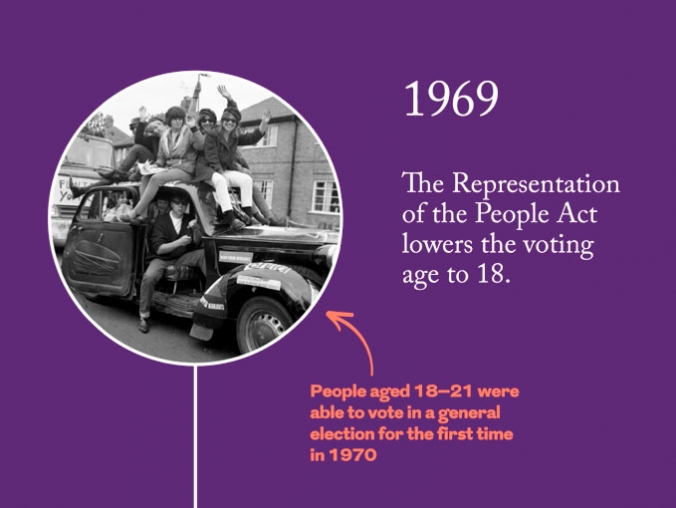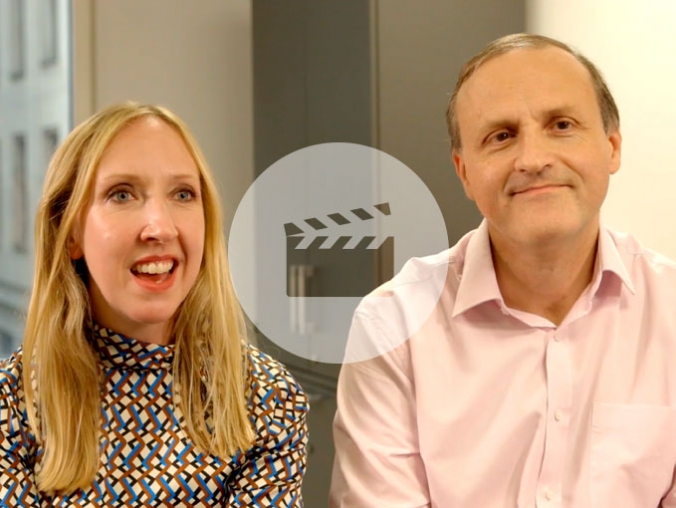

Five things you should take away from the Budget
The Chancellor of the Exchequer presented his 2018 Budget on 29 October. Our Director of Policy Steve Webb explains how it will affect you
Much of the discussion around the 2018 Budget focused on the Chancellor’s spending plans, ranging from a large long-term boost to spending on the NHS to additional short-term spending on everything from schools to pot holes. But Budgets often also have implications for our personal finances, and this one was no exception. Here are the five key things you should be aware of:
Income tax
Income tax bills should be coming down in April 2019. The point at which we start paying income tax (the personal allowance) will rise from £11,850 to £12,500, which is a bigger increase than expected, but the personal allowance will be frozen in April 2020. The starting point for higher rate income tax will also rise, from £46,350 to £50,000, but it’ll then be frozen the following year. There are different rates and thresholds in Scotland, where the Scottish government hasn’t announced its plans yet.
National Insurance Contributions (NICs)
Higher earners who are celebrating the increase in the starting point for higher rate income tax will find that their gains are lower than they might have expected. This is because the limit on the main rate of NICs (12%) was also raised from £46,350 to £50,000. Above the limit, the NICs rate drops to 2%, so a large increase in the limit for NICs means more of the wages of higher earners are charged at the full 12% rate.
Excise duties
This time, the Chancellor had a ‘pick and mix’ approach to the duties on items such as beer, wine, spirits, petrol and tobacco. Petrol duties will be frozen again, as will duties on beer, cider and spirits, but duties on wine and on tobacco have been increased in the usual way.
Taxation of contractors
HM Revenue and Customs (HMRC) has been carrying out a long-running campaign against people who are registered as self-employed, but who HMRC believes to be, in effect, employees. This year, the government has been clamping down on the use of contractors by the public sector. In the Budget, the Chancellor announced that in 2019 the same restrictions would apply to larger private sector employers who use contractors.
These employers will have a legal duty to check whether their contractors are ‘genuinely’ self-employed, and will be responsible if it’s decided afterwards that they should have been treated as employed earners. The Chancellor expects that this rule change will be his biggest revenue-raising measure in the Budget.
Universal Credit
The government is gradually introducing a new benefit, Universal Credit, to replace six existing benefits and tax credits. The new system has proved to be controversial, partly because of delays in payments and partly because certain groups get less support than under the old rules. The Chancellor announced extra money for Universal Credit that will benefit families in low-paid work and also help to smooth the transition onto the new system for those currently receiving existing benefits, such as Jobseekers Allowance.
Sometimes, the most interesting aspect of the Budget is the ‘dog that didn’t bark’. Despite warning in the run-up to the Budget that the cost of pension tax relief was ‘eye-wateringly expensive’, the Chancellor didn’t make any changes to the system this time round. But we believe it’s only a matter of ‘when’ rather than ‘if’ this Chancellor (or a successor) further reduces the limits on pension contributions, which benefit from tax relief.
More for you

Creating more work experience opportunities for members
Our Insight into Work programme has helped lots of members and their families, and we’ve got more opportunities in store for you
MORE
Helping the organisations that matter to you
Your nominations helped us donate £350,000 to not-for-profit organisations across the UK in 2018
MORE
Your Q4 2018 outlook
Trevor Greetham, Head of Multi Asset Investments at Royal London, explains how global politics, rising inflation and interest rates could impact your money in Q4 2018
MORE


